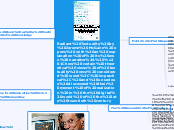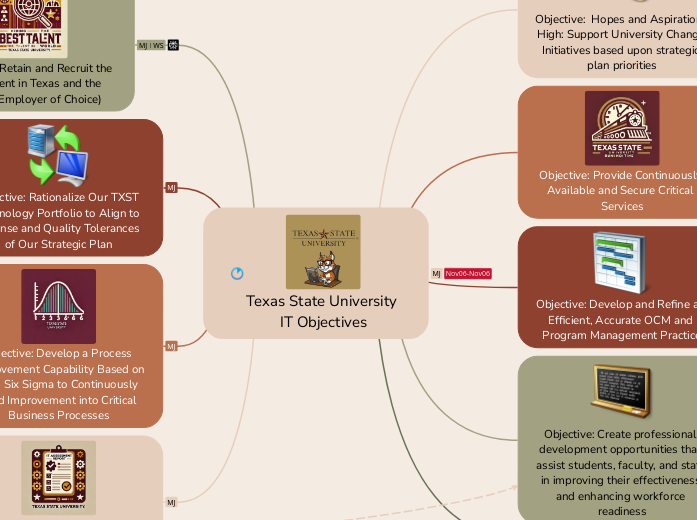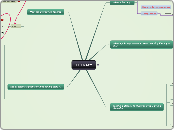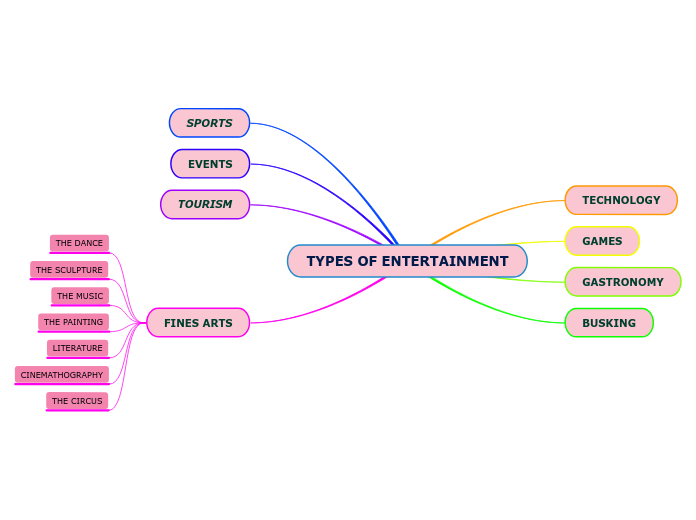по David Bishop 6 лет назад
370
Radiant Textuality
Jerome McGann's work explores the convergence of traditional textual analysis and modern digital technologies. He discusses how theoretical views on textuality, once deemed impractical, have found new relevance in the digital age.









